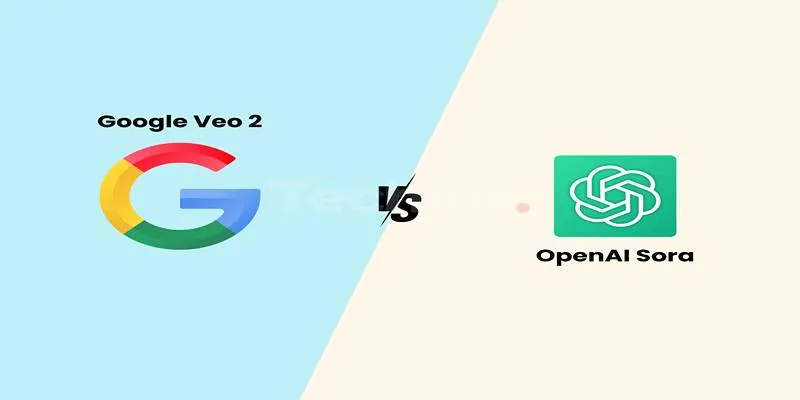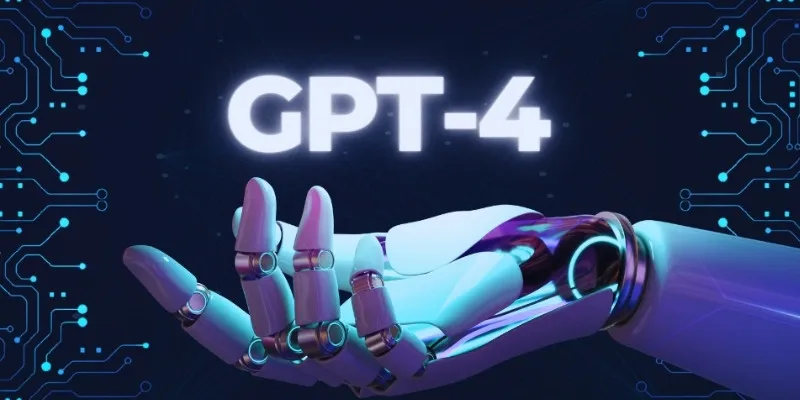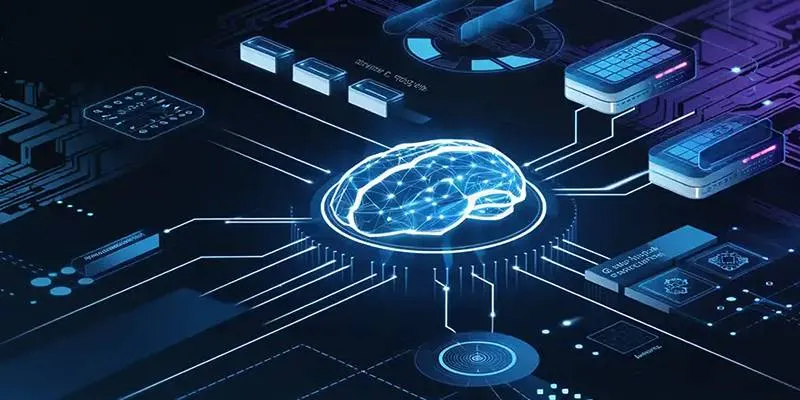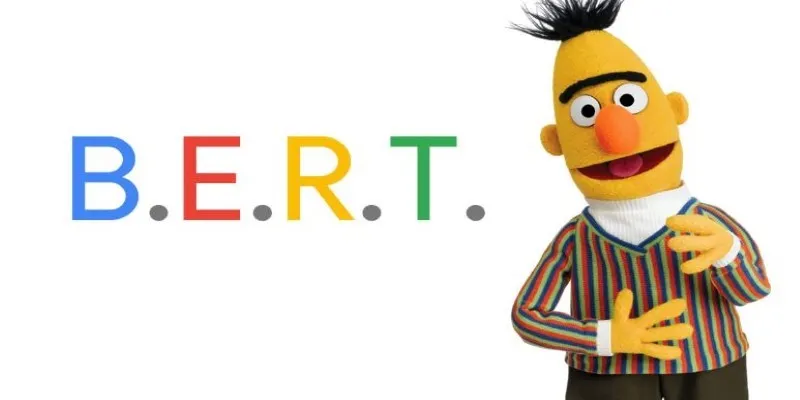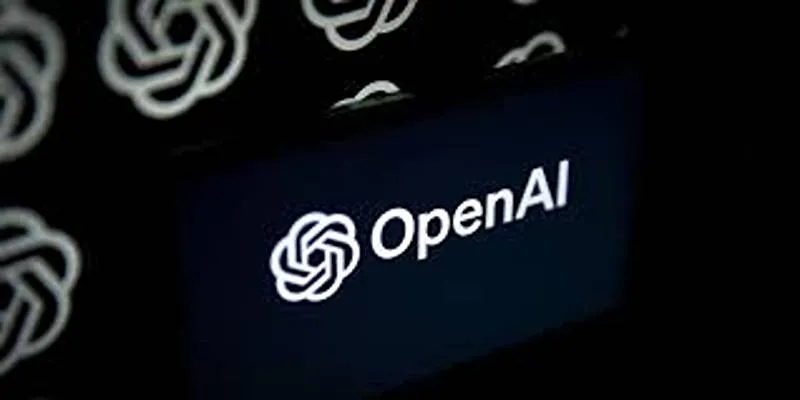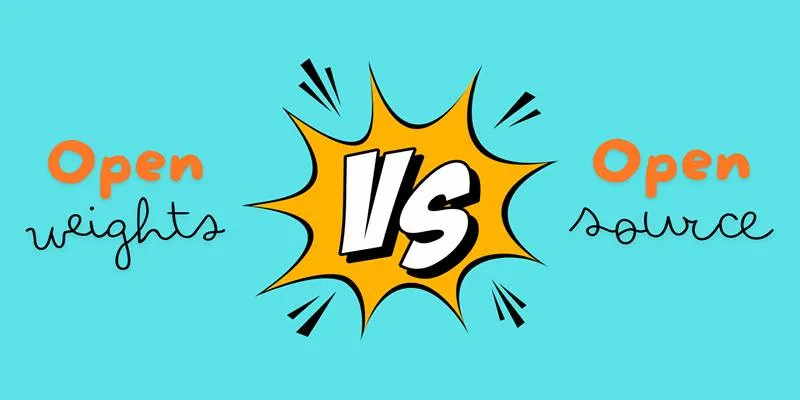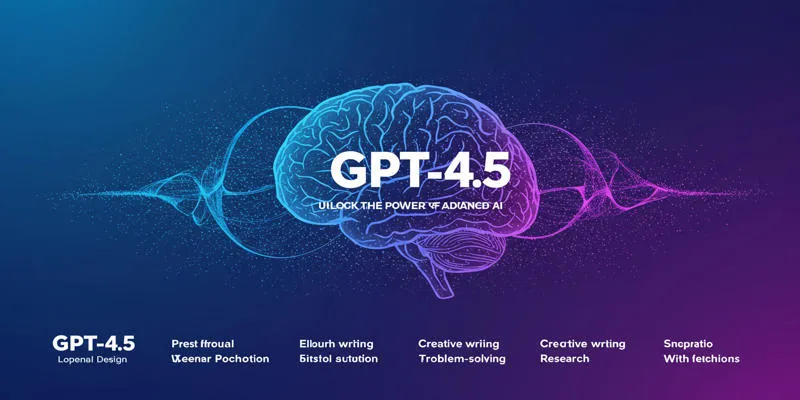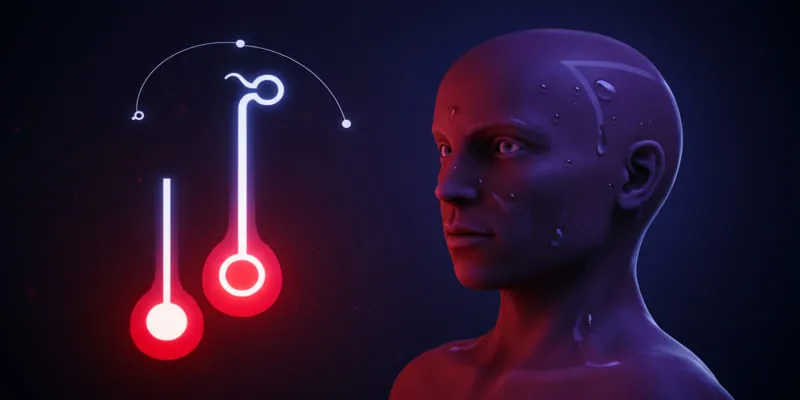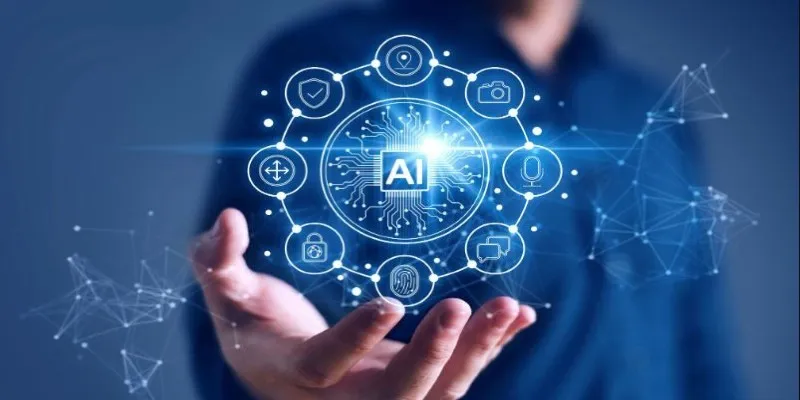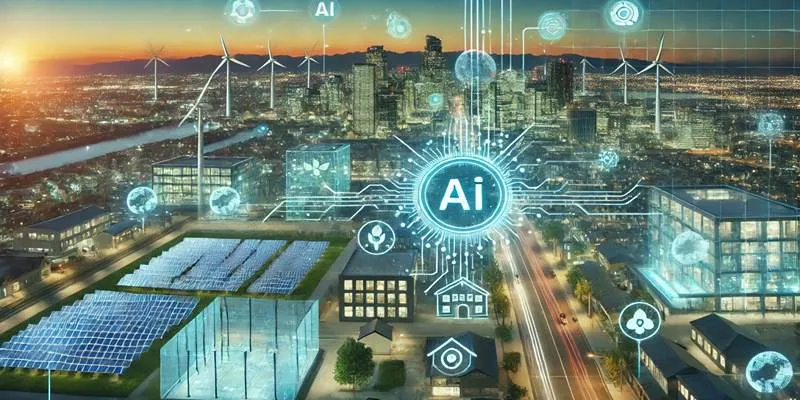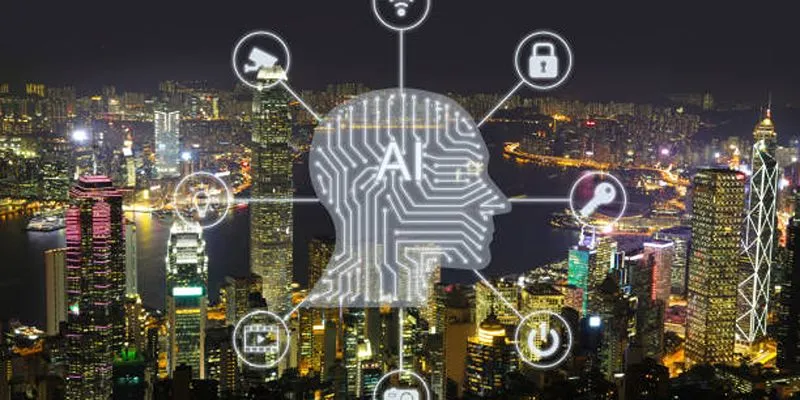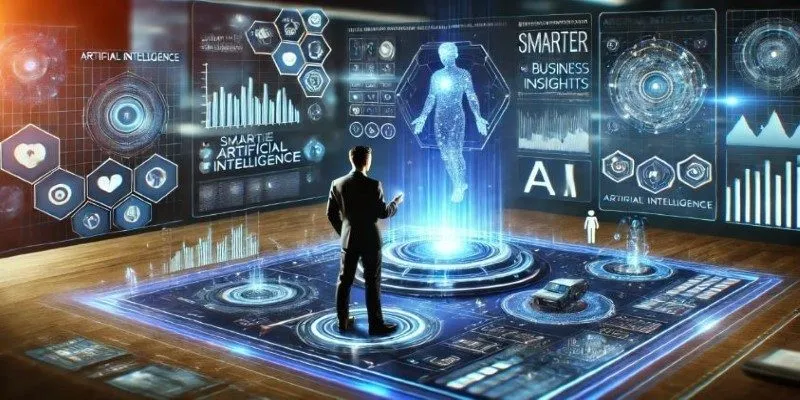AI agents are evolving rapidly, becoming more sophisticated and useful each day. These tools have advanced from merely answering questions to executing tasks, writing code, conducting research, and even managing complex workflows. As we approach 2025, several AI agents stand out for their remarkable capabilities and user-friendly interfaces. In this post, we’ll delve into the top five AI agents to watch in 2025. Whether you’re a developer, a student, or simply intrigued by technology’s future, these AI tools are essential to know about.
Understanding AI Agents
AI agents differ from traditional AI models in that they don’t just respond—they take action. These agents are capable of planning tasks, utilizing tools such as web browsers and databases, and adapting their behavior based on real-time feedback. By combining natural language understanding with task execution, AI agents are moving toward true digital autonomy.
Unlike single-purpose bots, AI agents in 2025 are designed to perform complex, multi-step actions with minimal supervision. They integrate reasoning capabilities, memory systems, and tool access to tackle real-world challenges effectively.
The Importance of AI Agents in 2025
The increasing demand for automation, intelligent assistance, and time-saving solutions has made AI agents a crucial part of both personal and professional life. Developers, businesses, students, and casual users are increasingly depending on intelligent agents to:
- Draft emails, generate reports, and manage schedules
- Analyze data and provide summaries or insights
- Debug code, build applications, and test software
- Search the internet, fact-check, and retrieve relevant data
Moreover, AI agents are expected to significantly impact sectors such as education, law, finance, and healthcare.
Top 5 AI Agents to Watch in 2025
1. AutoGPT (by OpenAI)
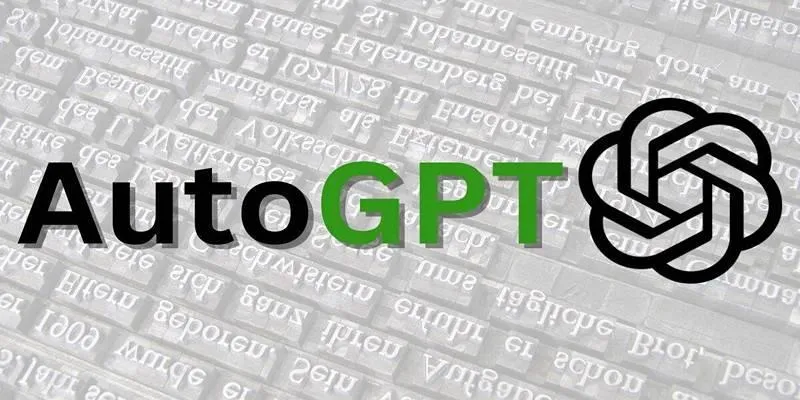
AutoGPT, a project built around OpenAI’s GPT-4 Turbo model , remains one of the most advanced autonomous agents available in 2025. It can execute long- form tasks by dividing them into smaller sub-goals and solving them step by step.
It utilizes tools such as:
- Web browser plugins
- File readers and writers
- Code execution environments
- Memory modules for persistent data
By interacting with multiple tools and external APIs, AutoGPT functions like a full assistant, capable of handling research, coding, marketing tasks, and more.
Key Highlights:
- Long-term memory enables continuous improvement
- Tool use lets it work across file types and systems
- Can run full projects with minimal supervision
AutoGPT is popular among startups and developers seeking a reliable and adaptable agent.
2. Devin (by Cognition)
Devin is an AI agent crafted specifically for software development by Cognition. More than a coding assistant, it is a full-stack AI software engineer.
It performs tasks such as:
- Writing and refactoring code
- Navigating GitHub repositories
- Debugging and testing apps
- Deploying full projects
Unlike other coding tools, Devin interacts with developer environments and uses command-line tools, making it the first AI agent capable of managing end- to-end engineering workflows.
Standout Features:
- Can handle technical job instructions and deliver working code
- Operates autonomously or in collaboration with human developers
- Learns and adapts from each interaction
Devin is being tested on real-world platforms, proving that AI agents can manage entire projects, not just generate snippets.
3. LLaMA Agents (by Meta)
Meta’s AI division has introduced LLaMA-powered agents, leveraging the open- source LLaMA 3 model to power flexible, on-device AI. These agents are tailored for privacy-conscious and application-specific environments where local decision-making and lightweight execution are crucial.
LLaMA agents are particularly relevant for:
- Integrating into smart devices or enterprise tools
- Research environments where privacy is critical
- Custom assistant development
Benefits of LLaMA Agents:
- Fully open-source, ideal for developers
- Can be deployed offline or on secure systems
- Supported by Meta’s growing agent ecosystem
By prioritizing openness and modularity, Meta enables developers to build and deploy intelligent agents for real-world applications.
4. Hugging Face Transformers Agents

Hugging Face is renowned among AI researchers, and its new Transformers Agents bring the power of language models to task execution. These agents can integrate NLP, vision, and audio models into workflows that address complex challenges.
Developers use these agents to:
- Create voice-based assistants
- Generate image captions and search content
- Analyze and extract data from documents
The agent architecture supports tools like:
- Whisper (speech recognition)
- Stable Diffusion (image generation)
- Transformers for classification and summarization
Key Points:
- Built on open tools with API integration
- Easy to customize and extend
- Ideal for academic and enterprise research
Hugging Face’s agents are particularly beneficial in research settings where flexibility and reproducibility are vital.
5. AgentVerse (by LangChain)
LangChain’s AgentVerse is a platform for designing and testing multi-agent systems. Instead of using one agent for all tasks, AgentVerse allows developers to create specialized agents that collaborate to complete tasks.
Use cases include:
- AI research papers generation
- Task delegation across multiple roles
- Complex applications requiring logic, memory, and data access
Why AgentVerse is Different:
- Each agent can take on unique roles (e.g., planner, coder, writer)
- Agents can communicate and plan together
- Built for scale and collaboration
AgentVerse is ideal for developers and AI researchers who aim to push the boundaries of what’s possible with autonomous systems.
Conclusion
The rise of AI agents is among the most exciting technological developments today. The five agents mentioned—AutoGPT, Devin, LLaMA Agents, Hugging Face Transformers Agents, and AgentVerse—represent the forefront of what artificial intelligence can achieve in 2025. Each offers unique strengths, whether in writing code, creating multi-modal content, or orchestrating multi-agent collaborations. As these tools continue to evolve, they will play an increasingly significant role in transforming how people work, learn, and create. For anyone interested in AI’s future, keeping a close watch on these five agents is not just wise—it’s essential.
 zfn9
zfn9
